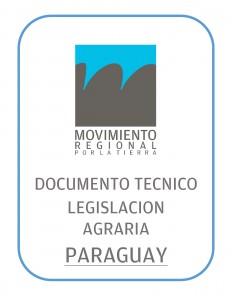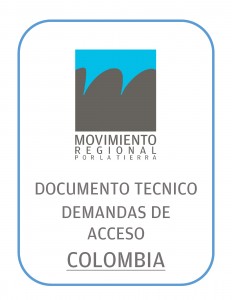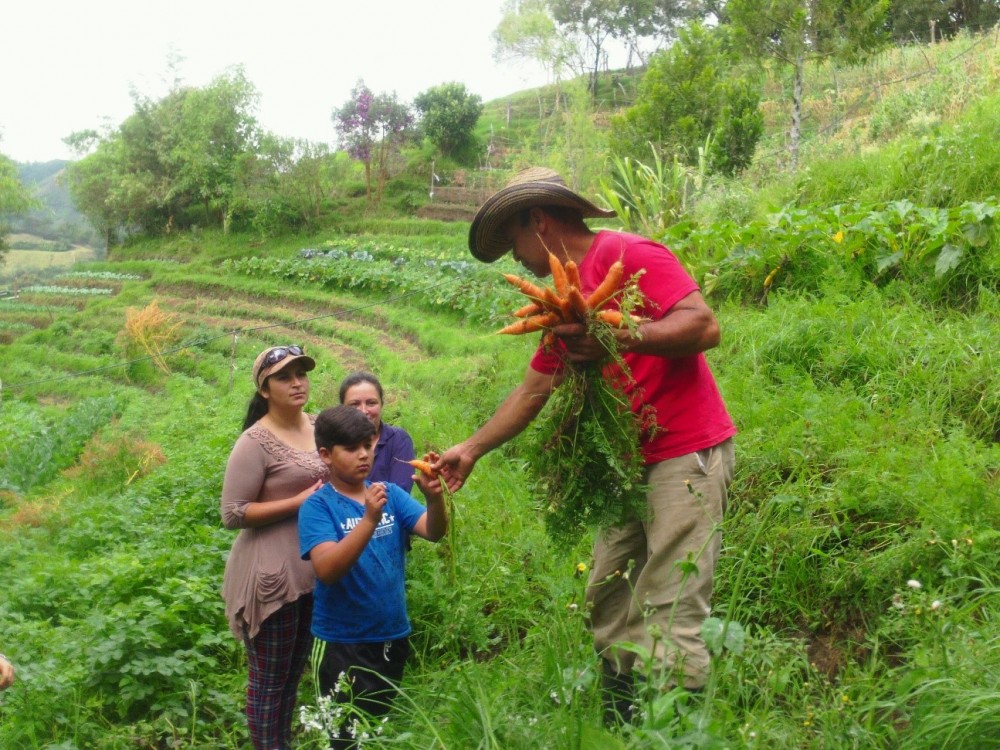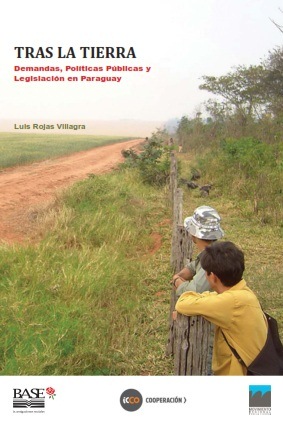Communal Titling for Cambodia’s Indigenous Peoples
The dramatic increase in migration and settlement in several areas where indigenous people live is leading to a multitude of problems for the original inhabitants. Lowland immigrants are taking advantage of the vulnerable situation of indigenous people, and the absence of regulations, to lay claim to the people’s traditional lands. Illegal land transactions are taking place at an alarming rate without thought of the problems that would result from widespread landlessness among indigenous peoples or the impact this is likely to have on the remaining forested areas.







